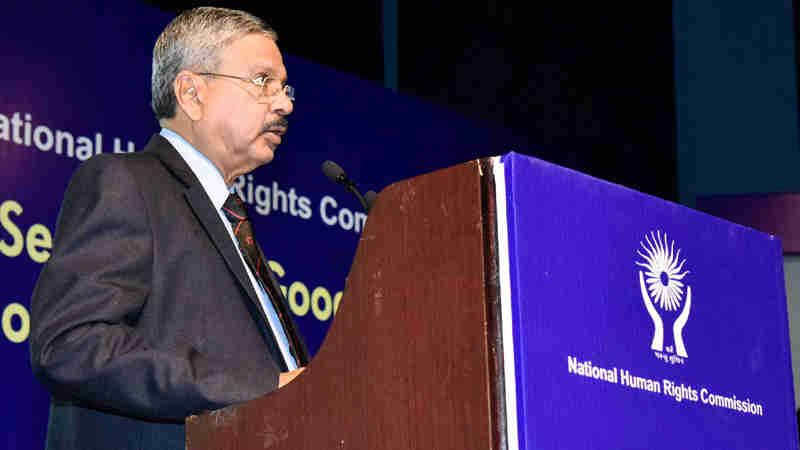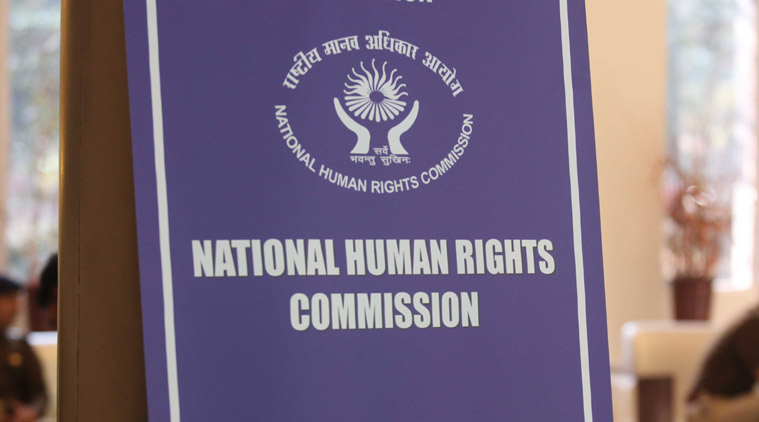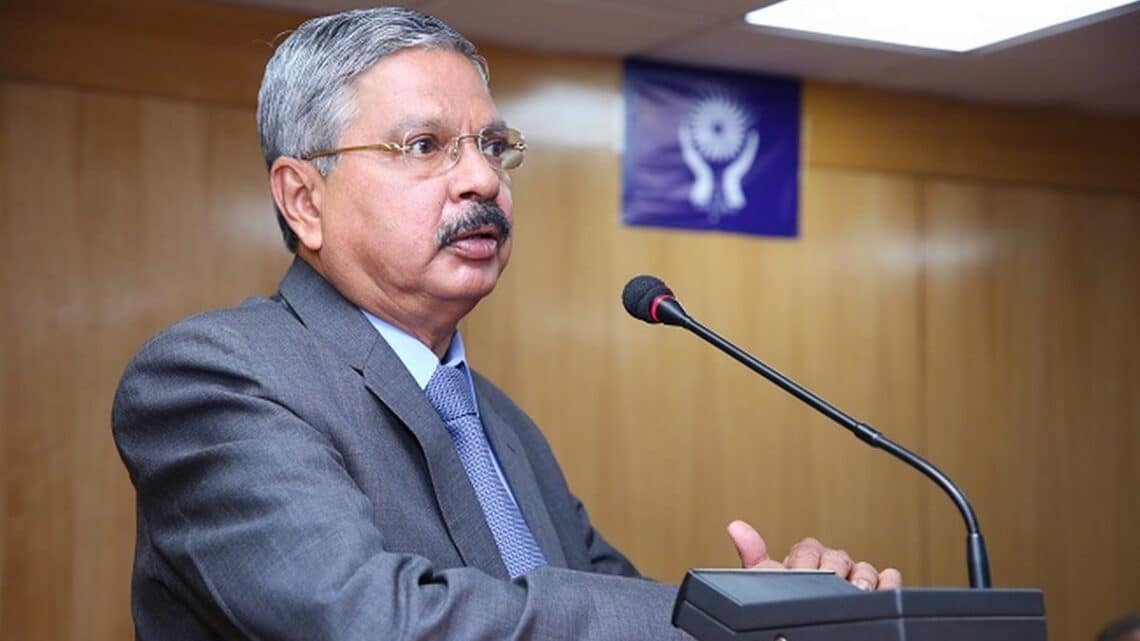Speaking at the 28th founding day of the National Human Rights Commission (NHRC), Prime Minister Narendra Modi accused that some people have a “selective” approach to human rights and they view some issues through the “political lens”.
“Some people see human rights violations in some incidents but not in others. Human rights are violated when viewed via political spectacles. Selective behaviour is harmful to democracy,” Prime Minister said.

This statement comes in the wake of the Lakhimpur violence that killed four farmers. On the one hand, PM Modi targets civil society for politicisation and undermining democracy. On the other hand, the fact remains that NHRC has been rendered into a toothless organisation, and its abysmal state is an open secret.
The NHRC was set up under the Protection of Human Rights Act, 1993, on October 12, 1993. It was formed for the promotion and protection of human rights.
The commission takes cognisance of human rights violations, conducts enquiries and recommends compensation to victims from public authorities besides other remedial and legal measures against the erring public servants.
A report in the Scroll that came out in 2017 explains how the NHRC is reduced into a helpless statutory body.
NHRC receives as many as 450 complaints a day but deals with the lack of trained staff. Its notices are not taken seriously. The compliance reports it receives from state governments are crude in nature and often illegible and incomplete.
It doesn’t have the power to investigate complaints of violations by the armed forces directly; it can only seek reports from the central government and make recommendations.
In September this year, the Supreme Court dismissed a plea seeking directions to fill vacant posts at the National Human Rights Commission (NHRC). The petition was filed because the post of NHRC chairperson was lying vacant after Justice HL Dattu, a former Chief Justice of India (CJI), completed his tenure in December last year.

NHRC keeps sending notices and doesn’t act on them.
For instance, in the cases of the lynching of Pehlu Khan in Alwar and of seven men in Jharkhand, the commission issued notices to the state governments. It made the headlines, and after that, there was no follow-up.
Last year, Varavara Rao, a poet and one of the eleven accused in the Bhima Koregaon case, tested positive for COVID-19. On July 20, Rao’s family wrote to the National Human Rights Commission, and no action was taken.
The post-poll violence between TMC and BJP workers had NHRC set up a committee to investigate the matter. However, the West Bengal government went to the court citing bias by the committee and claimed that the committee members had links to BJP. This further eroded the credibility of NHRC as a body that works for the centre.
The Prime Minister, who is worried about a few people threatening the democratic structure, doesn’t realise that making NHRC stronger and free of political pressure will help regain people’s lost faith in it.
Meanwhile, several international bodies have already ranked India under Modi at the bottom regarding human rights records and democracy. In its 2020 ‘Democracy Report’, a Sweden-based institute observed that India is on the verge of losing its status as a democracy. They cited reasons such as shrinking space for the media, civil society and the opposition under Prime Minister Narendra Modi’s government.
On the other hand, India’s status was downgraded from ‘Free’ to ‘Partly Free ‘by the US government-funded NGO Freedom House due to “a crackdown on expressions of dissent by the media, academics, civil society groups, and protesters”.

Creating a false narrative defying the realities lived by the people, NHRC Chairperson retired Justice Arun Kumar Mishra lauded Union Home Minister Amit Shah for fostering a peaceful situation in Jammu and Kashmir and the Northeast and asserted that the “untiring efforts” of the minister have “ushered in a new age” for the regions. This comes amid the distress and violence taking place in Jammu and Kashmir, and that which took place in Assam last month while evacuating more than 800 residents in the Darrang district.
Also Read: The role of Broom in Indian politics from Priyanka Gandhi, Kejriwal to Modi.












